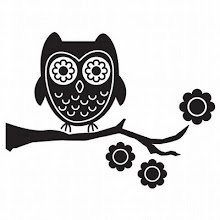The Basics:
- I get up and go to bed around the same time every day
- Sleeping room is dark, quiet and well-ventilated
- No tv in bed (but I do read every night before going to sleep)
The Details That Help:
- Exercise - walking, biking, running at least 5 days a week for at least 30 minutes.
- Vitamins - I take a multi-vitamin (Emergen-C), and 1000 mg Omega 3 and 1000 IU of D3 every day.
- Food - Eat regular meals of healthy food with as few preservatives and additives as possible.
The Secret Element That Made The Difference (For Me):
- Calcium and Magnesium. I take multi Calcium (2000 mg), Magnesium (1000 mg), and Potassium (200 mg) every day in the evening. It's recommended to take at bedtime, but I've had better results taking it a couple of hours before bed.
Other things I've tried (like Chinese herbs) didn't do much for sleep, although certainly provided other support for my body in transition. Over the counter preparations like Remifemin didn't do much for me, but didn't harm me. Over the counter estrogen and progestin creams didn't seem to have much effect on me either.
In desperation, I cut out all alcohol (which made me sad because a glass of wine is one of life's joys) but saw no difference in my sleeping. I have now found that I can enjoy a glass of wine or beer with no problem (but more leads to sleeplessness.)The calcium product that I am using is called Mega Food Calcium, Magnesium & Potassium and can be taken with or without food. It was highly recommended by the expert at my local organic food store. I think it rocks.



